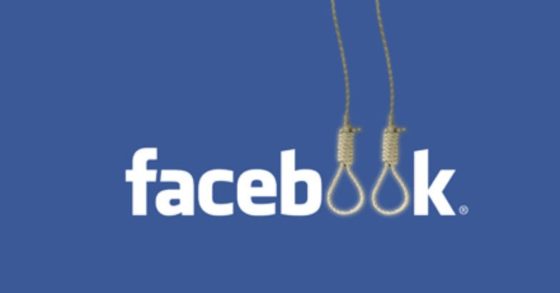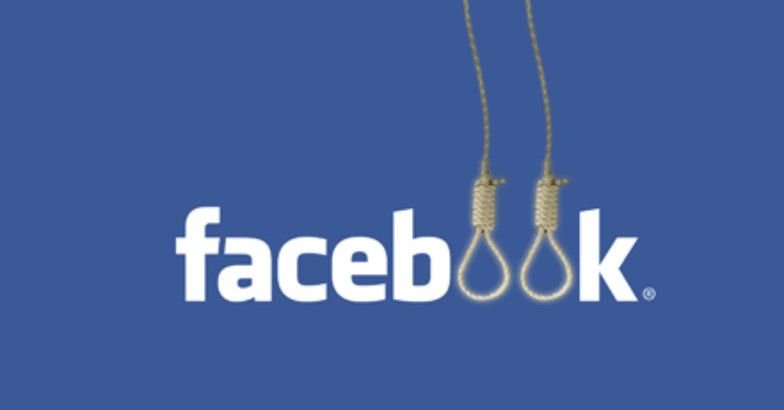
Social networking giant Facebook has introduced tools and educational resources to help people in India who may be struggling with self-injury or experiencing suicidal thoughts. These tools are already available in countries like the US, Australia, New Zealand and the UK. First launched in the US with the help of Forefront, Lifeline and Save.Org, the tools were developed in collaboration with mental health organisations and with inputs from people who have personal experience with self-injury and suicide.
“We are rolling them out in India in collaboration with local partners (AASRA and The Live Love Laugh Foundation) in English and Hindi,” Facebook said in a statement. With the help of these new tools, if someone posts something on Facebook that makes a user concerned about the person’s well-being, they can reach out to the person directly and can also report the post to the US-based firm. “We have teams working around the world, 24/7, who review reports that come in. They prioritise the most serious reports like self-injury and send help and resources to those in distress,” it said. Vulnerable users will then be encouraged to connect to the AASRA India helpline or the Live Love Laugh Foundation or a friend or seek self-help advice from resources and tips provided on how they can work through these feelings. Facebook has also introduced ‘Help a Friend in Need’ guide to help people identify when someone is distressed and what steps to take to get help.
The guide also offers suggestions on how to approach their friend, what to say, how to react and what to avoid. It gives people the skills to reach out without fear of making the situation worse. The guide will be available in English, Hindi, Bengali, Kannada, Malayalam, Punjabi, Sinhalese, Tamil, Telugu, Urdu and Marathi. “Often, friends and family who are the observers in these types of situations don’t know what to do. They are concerned, but they are worried about saying the wrong thing or somehow making it worse. “Socially, mental illness and thoughts about suicide are just not something we talk about,” Facebook India, South and Central Asia Public Policy Director Ankhi Das said.
Facebook is a place where people connect and share, and one of the things the company has learnt from the mental health partners and academics is that being connected is a protective factor in suicide prevention, she added. “We care deeply about the safety and well-being of the 148 million people in India who use Facebook to connect with the people who matter to them and recognise there is an opportunity with these tools and resources to connect someone who is struggling with a person they already have a relationship with,” she said.






